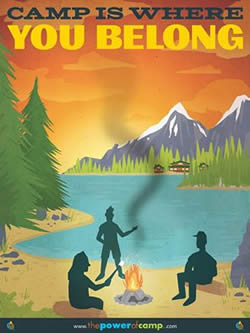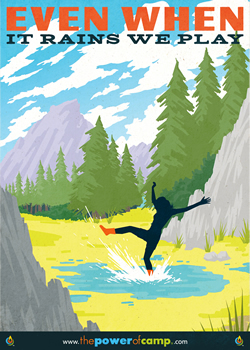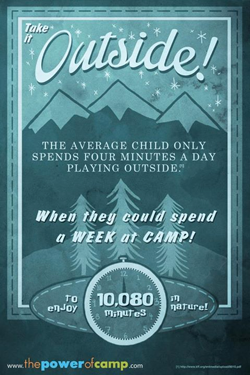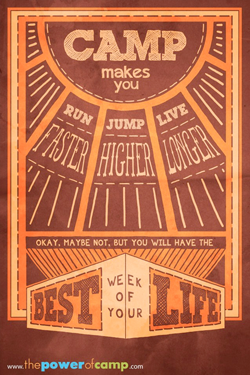The fact that a high school student who claimed to be an atheist attended Hume Lake camp for a week was quite possibly the result of his mother forcing him to go. There was little doubt that the student did not want to be there, made clear by his negative attitude toward the activities or his insulting and off-topic comments during small group.
For the majority of the week, he was distant and even slept through a chapel that featured a salvation call.
But when his small group gathered in a cabin that night, he joined them. He listened to his peers and youth leader share their experiences. As he sat up on his bunk, he said, “Can I—can I say something?”
The students and Brian Lucas, student ministry director at LifePoint Church, sat on the bunks hesitant to hear what the rebellious student might have to say.
“You know, I came here, and I didn’t believe in God,” the student said. “I just didn’t want anything to do with this. I thought all you guys were crazy for believing in this. All week long I’ve seen people living out all the stuff they’re talking about…I’ve been sitting here all day and all night just wrestling with the idea that I can’t get around this. I believe in God, and I think Jesus is Lord, and he is my savior, and I’m a Christian. I’m in.”
As Lucas remembers, God got a hold of that student and gave him the opportunity to explore the idea of faith, and it happened at Hume Lake.
Among the many challenges of youth ministry is finding ways to connect with students. For this particular student, a drastic change of environment helped propel him to a place of faith. Camp serves as a way to reach students and connect them with to Jesus, and it is meant to supplement the ministry that already takes place within the church.
“The power of camp is the ability to break through walls people put up,” Lucas says. “(Camp) gives students an intensive 24/7 experience with God that is life changing.”
During his years as a youth pastor, Lucas says, camp has been a big experience. Yet the mountaintop moments need follow-up application in students’ lives.
“Whenever camps partner with us or make an effort to find out how they can better be part of that continuing on, then that’s a really awesome thing.”
For instance, Elevate, a camp in northern California, has worked with youth pastors outside of the week of camp to ask how they could better support the ministry that occurs within churches.
Additionally, awareness of the daily grind of a youth pastor can be a strength for those in the camping ministry. If camps or conference centers ask, “How can we supplement and support your year-round ministry with this week of camp?” then, Lucas says, the ministries these students are coming with will be encouraged and honored.
While Lucas’ perspective is a both/and approach to camping and youth ministry, he and his church recognize the importance of getting away and out of a routine.
“A member of the church said, ‘Hume is one of those points in life where my kids really solidified their faith…They both have moments where they look back at Hume and say “this was point where it all clicked for me.” ’ ”
Many of those individuals that attended camp or conference events as kids are now impactful leaders in the church.
“That leaves a permanent impact on their soul,” Lucas says. “Other people who love Jesus and want other people to know Him can look at [camp] and say, ‘Here’s something that I can directly pour into. I can make a clear connection between students experiencing Christ and making life-changing decisions to follow Him in deeper ways.’ That’s where people want to put their money.”
When Lucas looks back over his own camp experience and looks forward to his ministry with students, he values the practical applications of lessons learned at camp. Helping students move toward Christ and maintain momentum as they return home is a practice he believes can make all the difference.
Photo courtesy of Hume Lake
















 INSTAGRAM
INSTAGRAM FACEBOOK
FACEBOOK TWITTER
TWITTER YOUTUBE
YOUTUBE